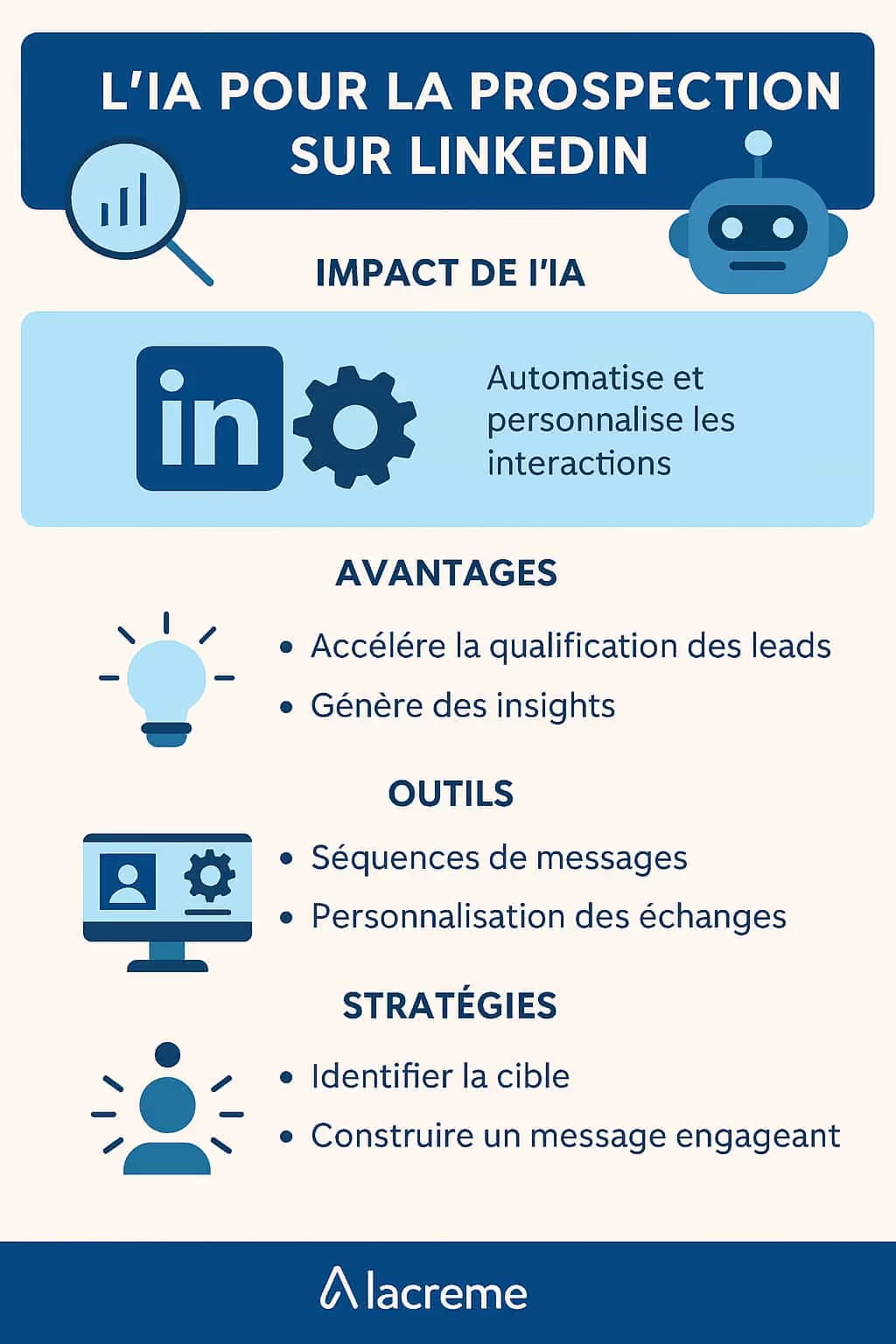The integration ofartificial intelligence in our lives now extends to our plates. Food startups are integrating technologies cutting-edge to rethink production, the distribution and food consumption. From farm to table, discover the growing influence of AI on the entire food industry.
The impact of artificial intelligence on the food industry
Technological advances and innovation in food
The adoption of solutions based on artificial intelligence is bringing considerable progress for the food industry. From intelligent cultivation techniques, capable of monitoring plant growth conditions, to distribution systems optimized by predictive algorithms, AI opens up a field of new possibilities for better efficiency and sustainability.
Transforming the supply chain through AI
Supply chains are at the heart of the food industry and optimizing them is essential to meet growing demand by reducing costs and minimizing waste. Artificial intelligence offers powerful solutions - from predictive analytics to anticipate market needs to improved traceability to ensure food quality and safety.
The role of AI in new culinary experiences
Personalizing diets with AI
Personalization is a strong expectation of current consumers. Artificial intelligence makes it possible to accurately adapt dietary recommendations to the needs and preferences of each individual. By analyzing data such as eating habits or health markers, startups offer tailor-made diets that combine pleasure and well-being.
Precision cooking: the contribution of AI to recipes and food preparation
In addition to personalization, AI is also transforming the way food is designed and prepared. Algorithms are used to create innovative recipes, optimize cooking processes or even control the quality of ingredients. Chefs can thus focus on creativity and culinary art, supported by advanced analytical tools.
Funding and development of AI startups in food
Raising funds for AI startups: strategies and challenges
The financing plays a key role in the emergence and growth of AI startups in the food sector. These companies must not only prove the viability of their technological innovations, but also convince people about their ability to address contemporary challenges such as food security and sustainable development.
Collaboration with investors and technology incubators
To maximize their chances of success, food startups rely on innovation ecosystems including investors, incubators and accelerators. These strategic collaborations offer essential support in terms of skills, networks and financing to transform a disruptive idea into a phased solution.
Case studies: food startups powered by artificial intelligence
Successful innovations and breakthroughs of AI startups
Several startups already stand out for their powerful AI applications: revenue optimization, consumer trend forecasting, precision agricultural production. These pioneer companies show how the successful integration of AI can offer new horizons to the food industry.
Impact on the sustainability and efficiency of food startups
Sustainable practices are gaining ground thanks to artificial intelligence, which allows better management of resources and reduction of waste. Startups that embrace the potential of AI for sustainable food production are positioning themselves as key players of change in the industry.
The challenges and future prospects for AI in food
Ethics, transparency and confidentiality issues
While AI offers incredible opportunities, it also raises significant ethical questions. Data confidentiality issues, the explainability of algorithmic decisions and ethical issues are critical aspects that startups need to seriously consider in order to gain and maintain consumer trust.
Anticipating the future of food with AI
THEartificial intelligence is redefining the contours of the future of food. With the continuous improvement of technologies and growing public acceptance, AI is set to play an increasingly central role in the way we produce, to distribute and consume food. Startups that continue to innovate and adapt to these changes will be the architects of a smarter and more sustainable food system.






